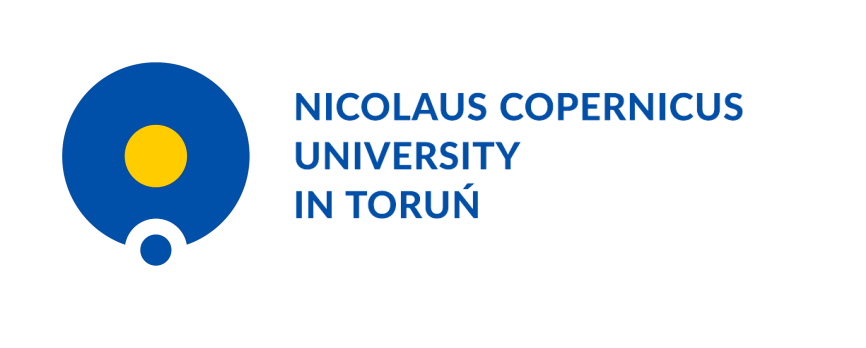Innovative drugs in the treatment of civilization diseases
Leader of the group – dr hab. Renata Studzińska, prof. UMK
Civilization diseases are one of the largest global health problems. An example of global threats is undoubtedly diabetes, cardiovascular diseases and cancer. Chronic inflammation is at the root of many of these diseases. Despite the current use of various groups of drugs that target specific pathogenic mechanisms of civilization diseases, the effects of treatment are still not satisfactory. The problems associated with the treatment of civilization diseases mean that there is a need to constantly search for new, better drugs, both those aimed at a single molecular target and multi-target drugs.
The aim of the research group is advanced, interdisciplinary, multi-directional research on the search for new drugs in civilization diseases, including cancer, type 2 diabetes, metabolic syndrome, Cushing’s syndrome, rheumatoid arthritis. An innovative approach to the problem is expressed primarily in the search for substances of low toxicity, which could have a mechanism of action different from the preparations used so far, and act in one or more targets, which is particularly important in the treatment of diseases with a complex etiology.
The team’s activities include:
1) Designing and synthesis of new substances (mainly compounds with heterocyclic groups) with potential biological activity by chemical synthesis, including:
- innovative anti-cancer drugs acting on specific molecular targets responsible for the growth, progression and spread of cancer;
- innovative agents that could be used in the treatment of metabolic diseases i.e. metabolic syndrome, Cushing’s syndrome, type 2 diabetes mellitus;
- innovative drugs with anti-inflammatory and anti-proliferative activity.
2) Multidirectional research on the activity of the obtained compounds:
- anticancer activity;
- inhibitory activity of synthesized compounds against selected enzymes playing a role in the treatment of metabolic diseases;
- anti-inflammatory and immunomodulatory activity.
The conducted research will allow to selection among the obtained compounds those that are characterized by the highest biological activity and low toxicity and can be subjected to clinical trials.
Dr hab. Renata Studzińska, prof. UMK is the head of the Department of Organic Chemistry at the Faculty of Pharmacy of the Collegium Medicum of the Nicolaus Copernicus University. After graduating from the Faculty of Technology and Chemical Engineering of the University of Technology and Agriculture in Bydgoszcz, she started working at the Department of General Chemistry at the Faculty of Medicine of the Medical Academy in Bydgoszcz. In 2005, she obtained a doctoral degree in medical sciences in the field of medical biology. Since 2014, she has been an employee of the Department of Organic Chemistry at the Faculty of Pharmacy of the Collegium Medicum of the NCU. She obtained the degree of habilitated doctor in 2019.
Her scientific interests focus on the synthesis of heterocyclic compounds and the evaluation of their pharmacological activity. In recent years, she has mainly been conducting research on the search for selective inhibitors of 11β-hydroxysteroid dehydrogenase type 1 and 2 – enzymes considered to be regulators of glucocorticosteroid functions at the cell/tissue level – potential molecular targets in the treatment of metabolic diseases. The second important aspect of the conducted research is the synthesis of new substances with anticancer activity.


 ul. Gagarina 7, 87-100 Toruń
ul. Gagarina 7, 87-100 Toruń